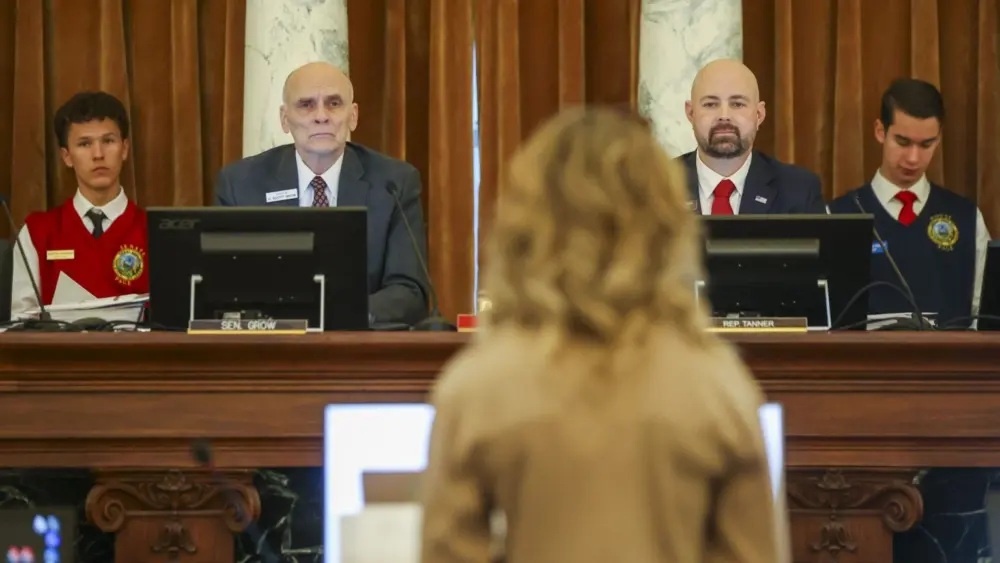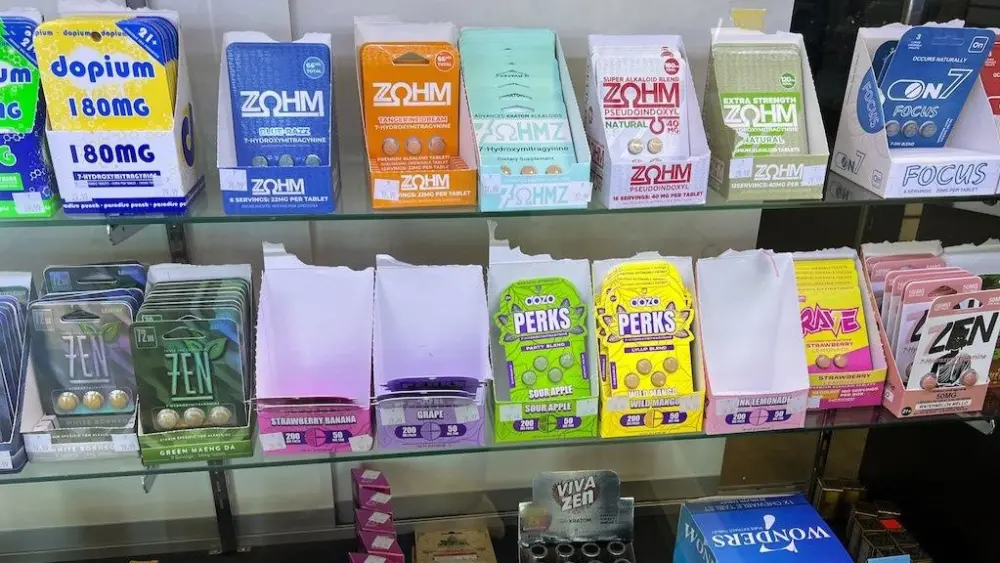OLYMPIA, WA – Facebook’s parent company is asking Washington’s high court to overturn what the state’s attorney general has called the largest campaign finance penalty in the nation’s history.
Meta argues the Washington campaign finance law used to justify the $35 million fine violates the First Amendment to the U.S. Constitution. The company also argues that the punishment, for not providing required records for digital campaign advertisements hosted on its platform, is excessive and misguided.
The state attorney general’s office, which sued Meta in 2020, says provisions of the law are necessary to inform voters about who is spending money to influence Washington elections. Gov. Bob Ferguson was leading the attorney general’s office when the case was filed.
“This purpose is even more urgent today, given the targeted and ephemeral nature of digital media, yet Meta has repeatedly and intentionally violated our law,” said deputy solicitor general Cristina Sepe, as the state and Meta argued their cases before state Supreme Court justices Tuesday.
Meta was represented in court by Rob McKenna, the former two-term Republican state attorney general and 2012 gubernatorial candidate.
It could be months before the court issues a ruling.
Washington’s Fair Campaign Practices Act, first enacted in 1973, now requires advertisers like Meta to maintain records related to campaign ads they run, including the cost of the ad, its sponsor, the targeted audience and other information. The advertisers must make this information available for inspection upon request.
In 2020, Ferguson sued Meta, known at the time as Facebook, alleging the social media conglomerate intentionally violated the state’s campaign finance law hundreds of times by not disclosing some of this information. Meta has an Ad Library that includes some but not all of the records required under Washington’s statute, judges have found.
A King County Superior Court judge sided with the attorney general, ordering Meta to pay $35 million for its violations. Two-thirds of that penalty would go to a state account dedicated to transparency and the other third to the state for attorney fees.
Finding nothing stopped Meta from complying with the law, a panel of state appeals judges upheld the lower court’s ruling last December, leading the company to appeal to the state Supreme Court.
The state’s legal saga with Meta over not including some of these records dates back to 2018, when Washington first sued the company over the issue. Meta agreed to pay about $200,000 in damages at the time.
Later that year, Meta announced it would no longer accept campaign advertisements in Washington. However, the ads still appeared.
Google has also voluntarily announced a moratorium on selling ads for state and local elections in Washington, following similar legal action from the state. Yahoo also doesn’t permit political ads in Washington, either.
Meta says this indicates Washington’s law runs afoul of the First Amendment, arguing it has basically banned some political speech.
In 2019, a federal appeals court struck down a similar law in Maryland as a “content-based regulation on speech,” in a lawsuit brought by news outlets. The state attorney general argues the Maryland case doesn’t apply here because it focused on burdens on the media.
The company believes the burden of disclosure should lie with the sponsors of these advertisements themselves.
The Facebook parent also argues the companies’ prohibitions on selling campaign advertisements especially disenfranchise political outsiders who can buy digital ads for cheap but still reach a lot of voters.
Still, digital campaign advertising has more than doubled over the past few years, from $7 million in 2020 to $15 million in 2024, according to a legal filing from the League of Women Voters of Washington and other civic advocacy groups.
Meta argues the courts have wrongfully fined the company $35 million, as the penalty is based on the number of advertisements in question, not the number of requests it received to inspect the ad records — 12 from three requesters.
The state said in court filings that Meta can afford it, noting the $25 million it agreed to pay President Donald Trump earlier this year for suspending his Facebook and Instagram accounts.
Meanwhile, the company says it may make as little as $1 per ad, while facing steep compliance costs or fines.
“It just isn’t worth it for these neutral platforms to accept the ads,” McKenna said.
Justice Sheryl Gordon McCloud said the punishment raises “significant Eighth Amendment issues about the disproportionality between the penalty and the transgression.”
Sepe said this way of calculating the punishment promotes transparency.
In Washington, the next-closest campaign finance penalty came in 2022 when the Grocery Manufacturers Association agreed to pay $9 million after intentionally contributing millions of dollars to oppose an initiative campaign without disclosing the source of the cash. That settlement came after the state Supreme Court upheld an earlier $18 million fine a lower court had imposed.
Washington State Standard is part of States Newsroom, a nonprofit news network supported by grants and a coalition of donors as a 501c(3) public charity. Washington State Standard maintains editorial independence. Contact Editor Bill Lucia for questions: info@washingtonstatestandard.com.





